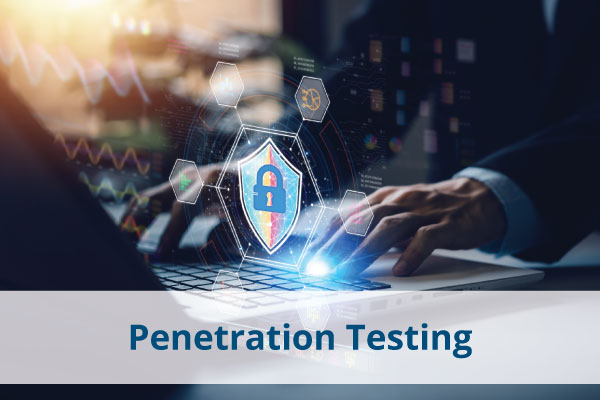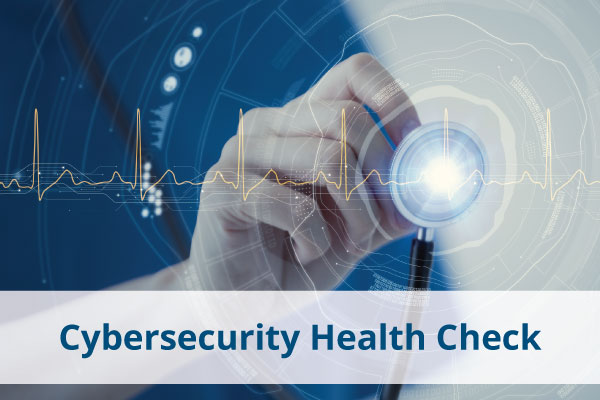
Ransomware, malware, and crypto mining are constant threats to every organization, and the education community is a top target for cyber criminals.
We believe the least costly breach is the one that never happens. There's no “one size fits all” approach to cybersecurity; we provide the expertise, resources, and tools that are the most appropriate given your unique needs. We’ll guide and define your school or institution’s Incident Response (IR) strategy by outlining how your school or instituion will detect, respond to, and recover from cybersecurity incidents and other disruptions. It's a crucial document that details actions to take during and after a security incident to minimize damage and restore normal operations.
Key components include:
Preparation:
Risk assessments, vulnerability scans, and establishing communication channels will help your school or institution define the scope of the plan, identifying critical assets, and developing procedures.
Identification:
Detecting and recognizing potential security incidents. It involves establishing monitoring systems, defining what constitutes an incident, and outlining reporting procedures.
Containment:
Limit the scope and impact of the incident by isolating affected systems and preventing further damage. This might involve disconnecting systems from the network or taking other measures to prevent the spread of the incident.
Eradication:
Removing the root cause of the incident, such as malware or malicious actors, from the affected systems. This may involve patching vulnerabilities, removing malware, and restoring systems to a clean state.
Recovery:
Restoring affected systems and data to normal operation, ensuring business continuity, and implementing preventative measures to avoid future incidents.
Why is it important?

Reduces Damage:
A well-executed IR plan helps minimize the impact of an incident, reducing financial losses, reputational damage, and downtime.

Improves Response Time:
Clear procedures and defined roles enable a faster and more coordinated response, preventing further escalation of the incident.

Ensures Compliance:
Many regulations require organizations to have incident response plans in place.

Enhances Trust:
Demonstrating a proactive approach to security can build trust with customers, partners, and stakeholders.
In essence, an Incident Response plan is a proactive measure that helps organizations be prepared for and effectively respond to security incidents, minimizing their impact and ensuring business continuity.







